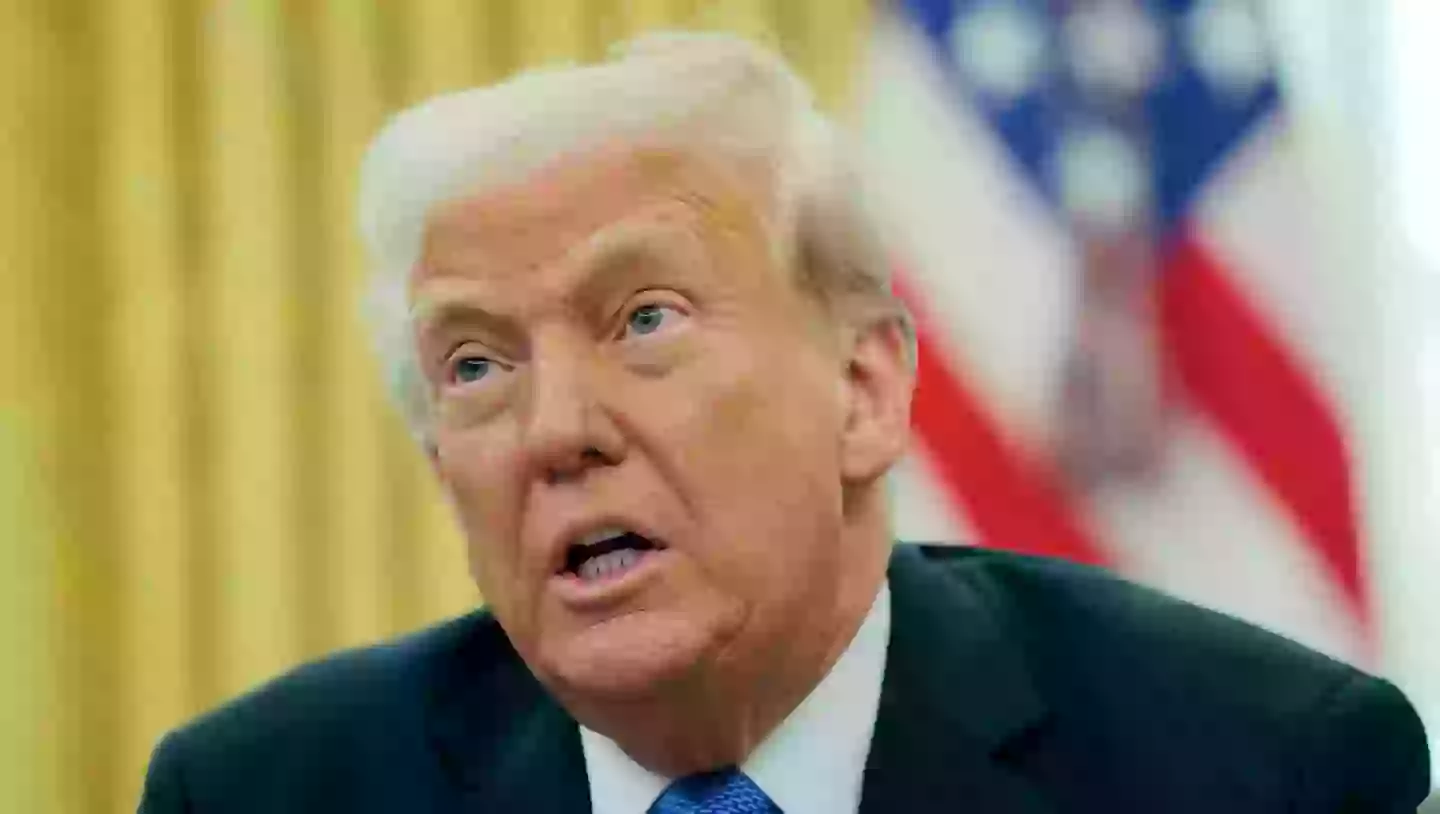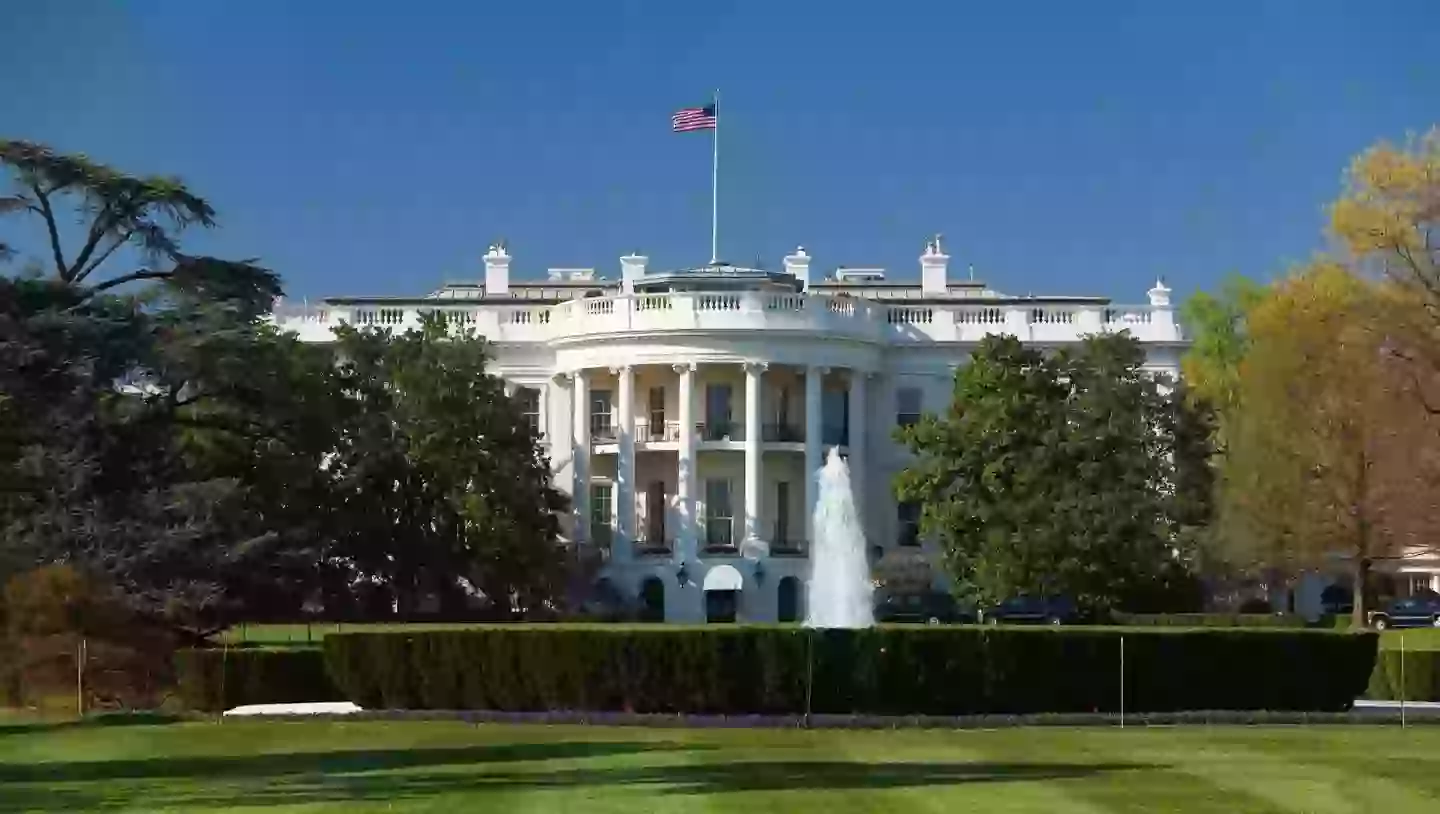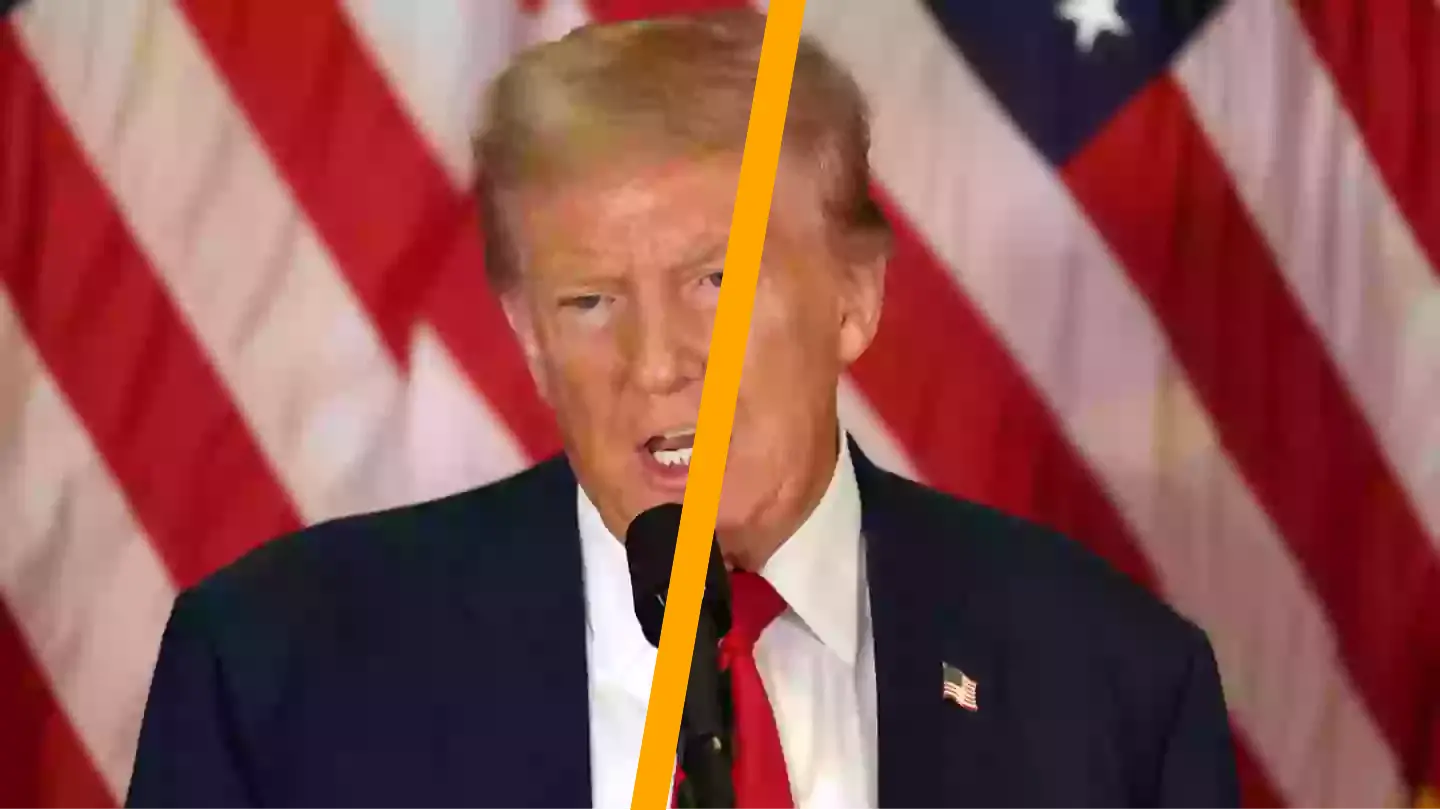The Trump administration’s recent initiative to scrutinize the social media profiles of immigrants residing in the US has faced significant backlash, with critics arguing that it contradicts the core values that position America as a leader in freedom.
On the first day of President Donald Trump’s second term, he enacted an Executive Order titled ‘Protecting the United States from Foreign Terrorists and Other National Security and Public Safety Threats’.
This Executive Order articulates the Republican aim to safeguard US citizens from various threats, including those posed by individuals compromising national security and promoting harmful ideologies.
Additionally, it emphasizes the necessity for heightened vigilance during the visa issuance process to concurrently protect American livelihoods and uphold national interests.
In Section Two of the Executive Order, Trump announced the establishment of a stringent Green Card vetting and screening procedure to be implemented across relevant agencies as thoroughly as possible.

For those in the US applying for a Green Card, it’s necessary to submit an immigration petition and Form I-485, the Application to Register Permanent Residence or Adjust Status, to the United States Citizenship and Immigration Services (USCIS).
Applicants must also prove their eligibility for a Permanent Resident Card by providing essential documents like a passport, relationship proof, medical examinations, and police and court records.
If the new policy is implemented, applicants will also be required to provide their social media identities, including handles and platform names.
According to a regulation document released by the U.S. Citizenship and Immigration Services on March 5, this information will: “enable and help inform identity verification, national security and public safety screening, and vetting, and related inspections.”
The document further states: “This data will be collected from certain populations of individuals on applications for immigration-related benefits and is necessary for the enhanced identity verification, vetting and national security screening, and inspection conducted by USCIS and required under the E.O.”
It is also mentioned that social media data will assist in verifying an applicant’s identity, assessing whether granting a benefit might pose a security or public-safety risk to the US.
It is important to note that visa applicants outside the US are already obliged to share their social media details with USCIS.
Hence, Trump’s proposal expands this requirement to those pursuing permanent residency or asylum in the US.

In response to the USCIS’s assertions that social media vetting is vital for ‘enhanced identity verification, vetting and national security screening’, many critics have voiced their concerns.
One Reddit user commented: “100% PURE DICTATORSHIP. Congratulations USA, you’re now part of the “Axis of Evil.”
Another pointed out the impact on free speech, stating: “Chilling Effect on Free Speech: The fear of government scrutiny of online expression will undoubtedly stifle free speech. This is particularly concerning for individuals from countries with different political climates, who may fear the misinterpretation of their online activity.”
Another reply read: “Tons of people totally downplayed how the election outcome might affect life in America. This is why you study history – so you can avoid experiencing the s**t yourself.”
“This policy undermines the fundamental values that make America a beacon of freedom, including free speech, privacy, and human rights,” argued another individual.
Robert McCaw, the director of government affairs at the Council on American-Islamic Relations, criticized Trump for wanting immigrants to disclose their social media profiles.
He told The Intercept: “This policy would disparately impact Muslim and Arab applicants seeking U.S. citizenship that have voiced support for Palestinian human rights. Collecting the social media identifiers of any potential green card applicants or citizens is the means to silencing their lawful speech.”
The USCIS is accepting comments on the proposal until May 5.

